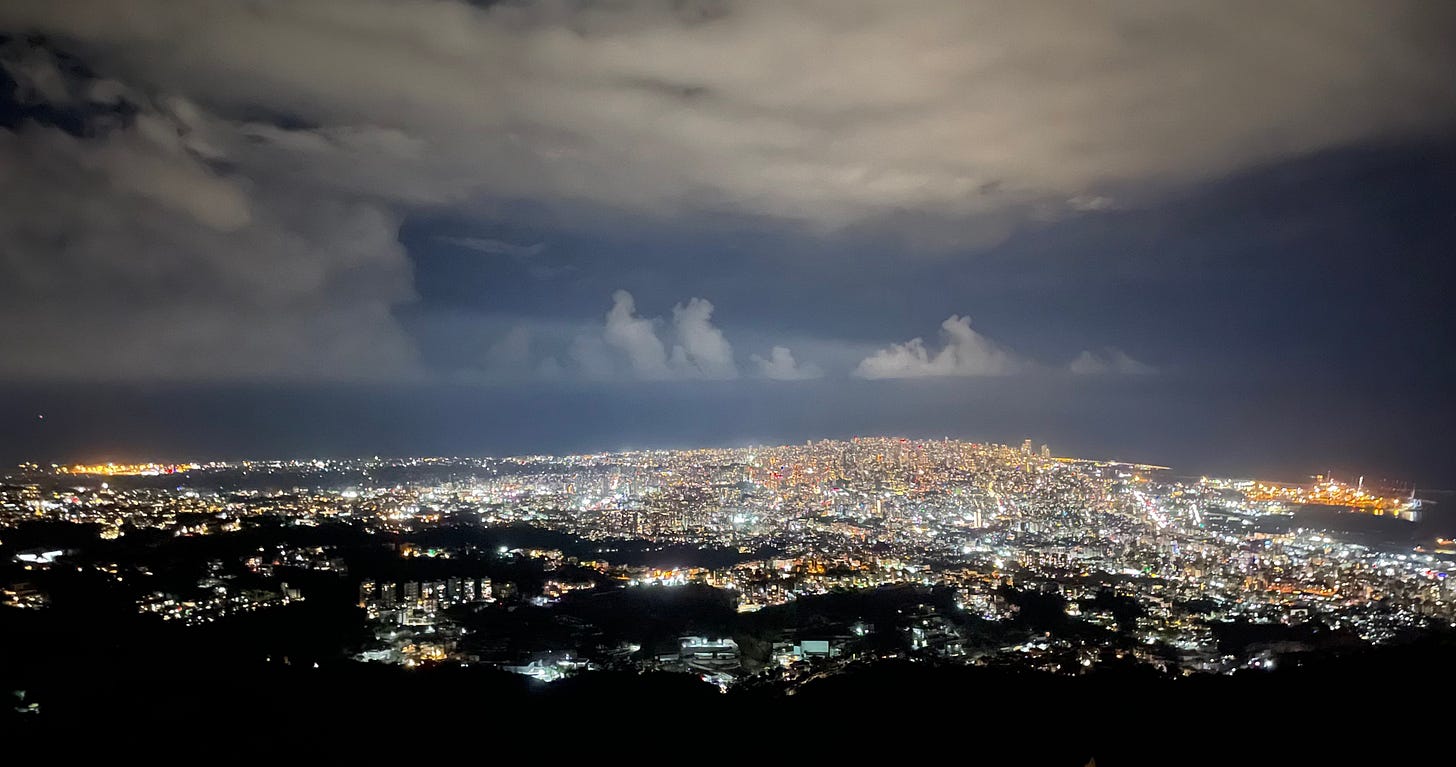December 2024: Is it over?
A ceasefire hangs on by a thread and the return of war is just a tantrum away

I’m too tired to write about this week, I’m too tired to expel all that’s inside me as it’s still making it’s way through my digestive system. All that would come up now is bile and cornfl…



